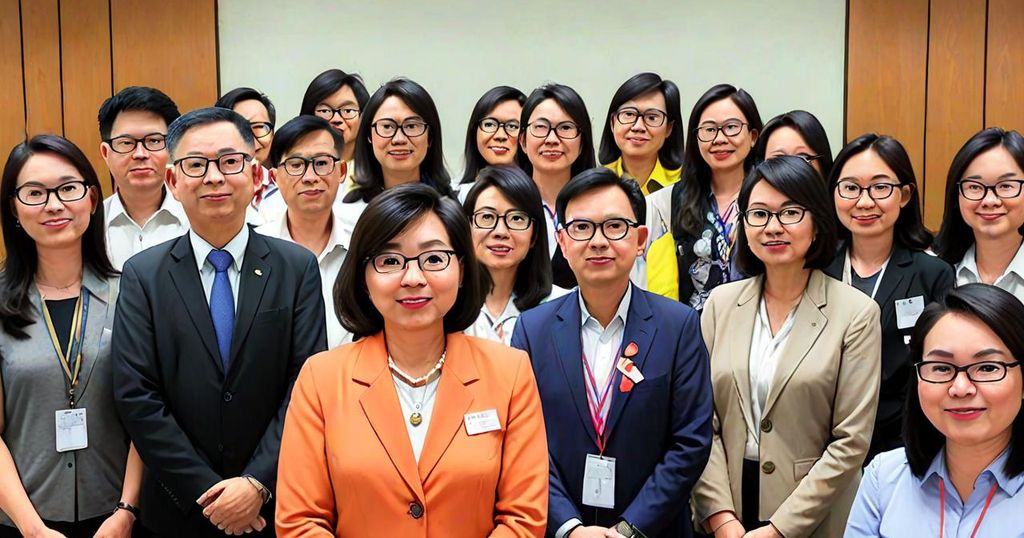In the pursuit of enhancing Singapore’s foreign relations, it is imperative for all parties involved to possess a comprehensive understanding of Singapore’s core interests, as stated by Senior Minister of State for Foreign Affairs Sim Ann.
During the discussion on the Ministry of Foreign Affairs’ budget in Parliament on Feb 29, Ms. Sim emphasized the significance of upholding a just, inclusive, and rules-based international order, as well as the principle of sovereign states collaborating as equals. Addressing concerns raised by some members of the Chinese community regarding the appropriate engagement of businesses and civic groups with foreign organizations in relation to the recent application of the Foreign Interference (Countermeasures) Act (Fica), she further stressed the need to safeguard against external forces that may attempt to exploit Singapore’s diversity by targeting specific racial or religious identities.
This underscores the vital importance of Singaporeans advocating for the diverse, multi-racial fabric of the country, especially when engaging with nations that share a close and friendly relationship with the Republic. Members of Parliament, Mr. Zhulkarnain Abdul Rahim, Mr. Edward Chia, and Ms. Tin Pei Ling inquired about Singapore’s strategies to protect against foreign interference in domestic politics. Ms. Sim clarified that Singapore’s foreign policy is not guided by neutrality, nor does it seek to mediate between global powers.
Emphasizing the significance of cultural identity, Ms. Sim highlighted that familiarity with a culture does not equate to a national identity. Using the example of Singaporeans of Chinese ethnic descent, she stressed the distinction between being Singaporean Chinese (huaren) and overseas Chinese (huaqiao). She underscored the importance of those within the Singapore Chinese community, civic organizations, and business associations grasping these distinctions to effectively contribute to the establishment of international partnerships that are beneficial for all parties involved.
Ms. Sim also commended Singapore’s Chinese civic and business leaders for their active engagement in monitoring external relationship developments and contributing valuable insights derived from their interactions with officials overseas. Their role as non-resident ambassadors was recognized and appreciated by the Ministry of Foreign Affairs.
Minister for Law and Home Affairs K. Shanmugam also addressed questions from Workers’ Party MP Gerald Giam regarding the criteria for designating a politically significant person under Fica. Mr. Shanmugam emphasized that specific criteria are outlined in the Act, and the designation must always be in the public interest, subject to assessments based on the individual’s past actions and statements, reach, influence, and susceptibility to foreign interference.
In summary, the insights shared by Ms. Sim and Mr. Shanmugam provide a comprehensive understanding of Singapore’s approach to foreign policy, cultural diversity, diplomacy, and the Fica regulations, offering clarity on the ways in which stakeholders can effectively contribute to Singapore’s foreign relations. These insights provide a roadmap for responsible and ethical engagement in global relationships, ensuring the protection of the Republic’s core interests and sovereignty.

Leave a Reply